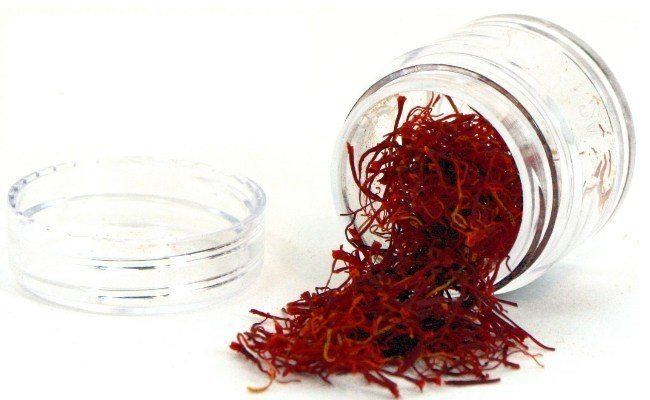
In an analysis of over 4,000 people, better diet quality was associated with a larger brain volume, gray matter volume, white matter volume, and hippocampal volume. In particular, a high intake of vegetables, fruit, whole grains, nuts, dairy, and fish and low intake of sugar-containing beverages were associated with larger brain volumes.
“If we want to improve brain health, we must consider our diet quality”

There is strong evidence to support an association between inflammation and depression. In this review article, the authors discuss how inducing inflammation can change the way we think! In particular, it can increase our reactivity to negative information, alter reward reactivity, and increase somatic symptoms. It confirms the importance of utilising “anti-inflammatory” interventions to improve brain health and mental health. Examples of anti-inflammatory treatments include getting good sleep, moderate exercise, eating a healthy diet, stress reduction, and the intake of herbs/spice.

Crocetin is a carotenoid found in the spice saffron. In this small, double-blind, placebo-controlled study, crocetin tablets increased delta-wave sleep (a marker of deep sleep), reduced ‘sleepiness on arising’, and increased ‘refreshed feelings’. Saffron has been shown to be an effective natural antidepressant and anxiolytic. This study suggests that one possible mechanism of saffron is via its positive effects on sleep quality.

In this survey of almost 1000 adults, it was confirmed that addiction to smartphone use was positively associated with severity of depression. The association was strongest among younger adults. This confirms the importance of moderating smartphone and screen time use and engaging in participation in other mood and health-enhancing activities. This includes exercise, socialising, engaging in pleasurable activities, and spending time outdoors and in nature.